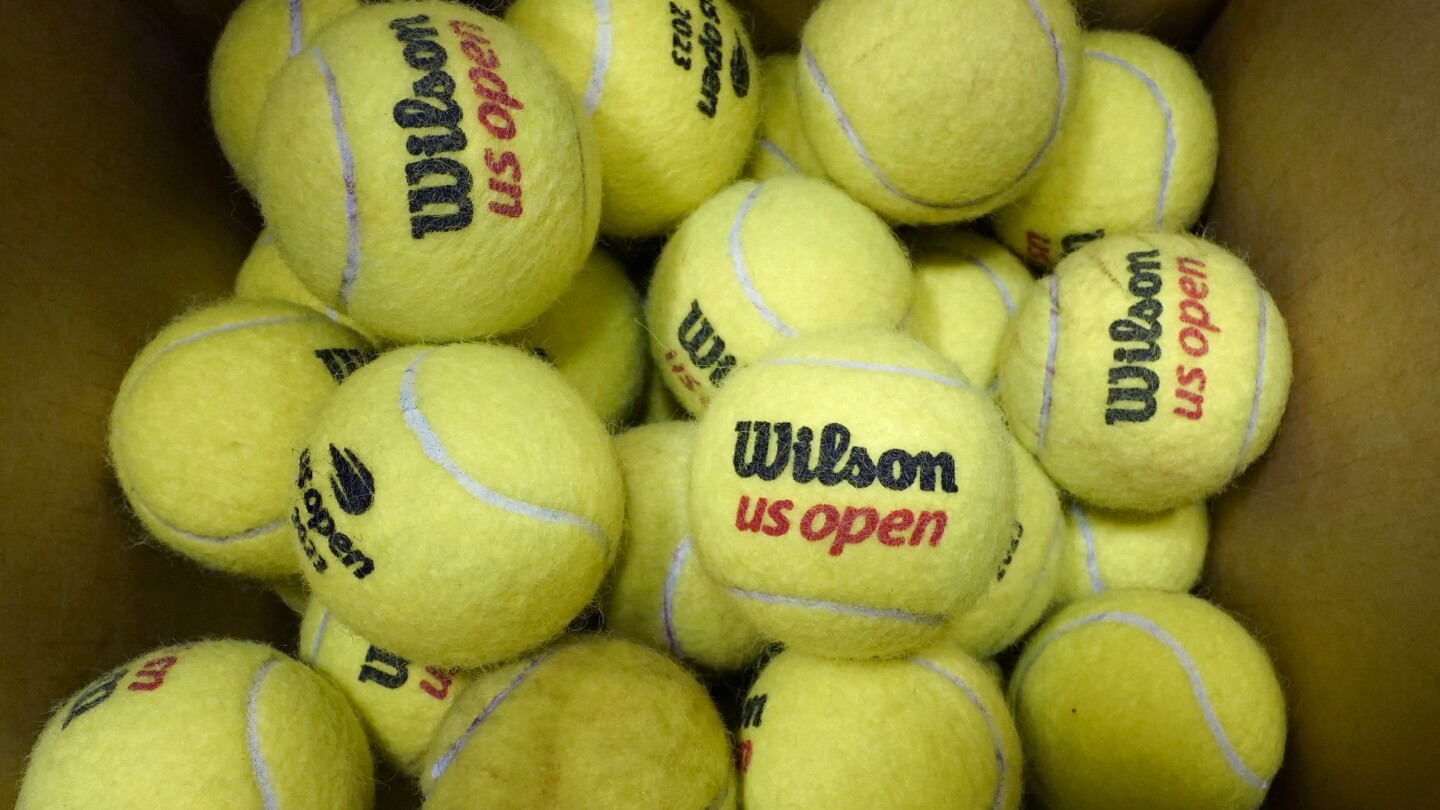Tennis has a fuzzy yellow problem most players don’t think about when they open can after can of fresh balls, or when umpires at U.S. Open matches make their frequent requests for “new balls please.”
Because tennis balls are extremely hard to recycle and the industry has yet to develop a ball to make that easier, nearly all of the 330 million balls made worldwide each year eventually get chucked in the garbage, with most ending up in landfills, where they can take more than 400 years to decompose. It’s a situation highlighted by Grand Slam events like Flushing Meadows, which will go through nearly 100,000 balls over the course of the tournament.
That harsh reality in an age of heightened environmental awareness has sent ball makers, recyclers and the game’s worldwide governing body scrambling for solutions, and spurred sustainability activists to sound the alarm in online posts that pose the question: Are tennis balls a disaster for the planet?



No, Tennis balls are not a distaster for the planet. It’s fossil fuel companies and corrupt politicians that are a disaster. Don’t get distracted by tennis balls.